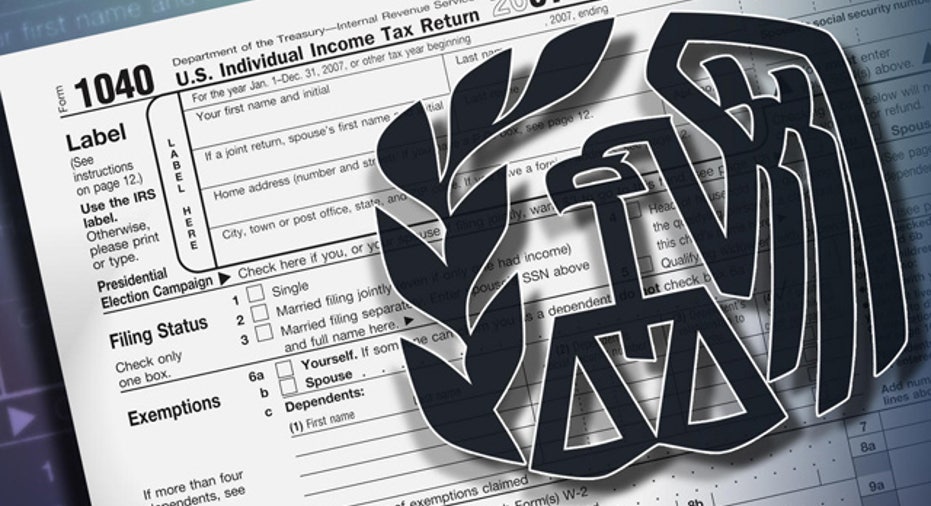How Alimony Payments Affect Taxes

When the end of matrimony leads to the start of alimony, each parting partner can feel the tax effects.
If you are the ex-spouse getting alimony payments, the money is taxable to you as income in the year it is received. This added income calls for a couple of additional tax considerations for the recipient.
A Receiver's Tax Costs
First, because no taxes are withheld from alimony payments, you might need to make estimated tax payments or increase the amount withheld from your paycheck. If you don't, you could end up owing the Internal Revenue Service when you file your final return.
Secondly, your option to file shorter, simpler tax forms disappeared with that first alimony check you cashed. Alimony payments must be reported on line 11 of the long Form 1040.
Tax Benefits for the Payer
What about the ex making the payments? He or she may complain every month when writing the check, but that taxpayer now has a new tax deduction.
Alimony payments are subtracted from the payer's income on line 31 of Form 1040. In addition to entering how much alimony was paid, the filer must include his or her ex-spouse's Social Security number. This is the Internal Revenue Service's way of ensuring that received alimony payments are reported as income.
A spouse who gets alimony and refuses to give his or her ex a tax ID number could face a $50 tax penalty. And if you as the payer know the number but forget to write it on your return, you could face a separate $50 penalty. Worse, if the alimony recipient's tax ID is missing, the IRS could disallow the deduction.
In cases where a divorce decree calls for alimony and child support, and the amount of each is specifically stated, only the alimony is taxable. Child support is not taxable as income, nor can the partner paying deduct the cost.
The IRS provides more information on tax issues facing divorced couples in Publication 504, Divorced or Separated Individuals.



















